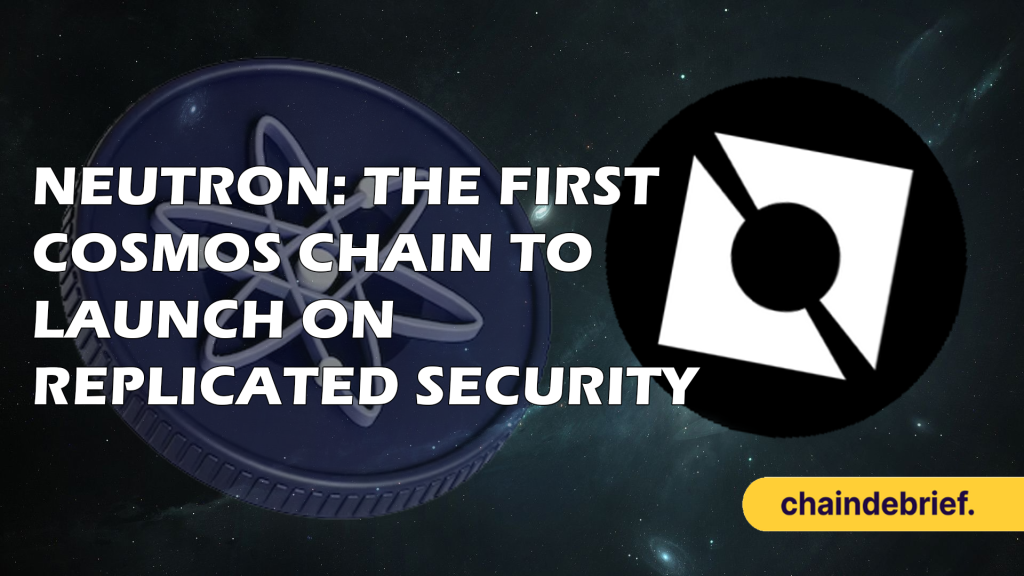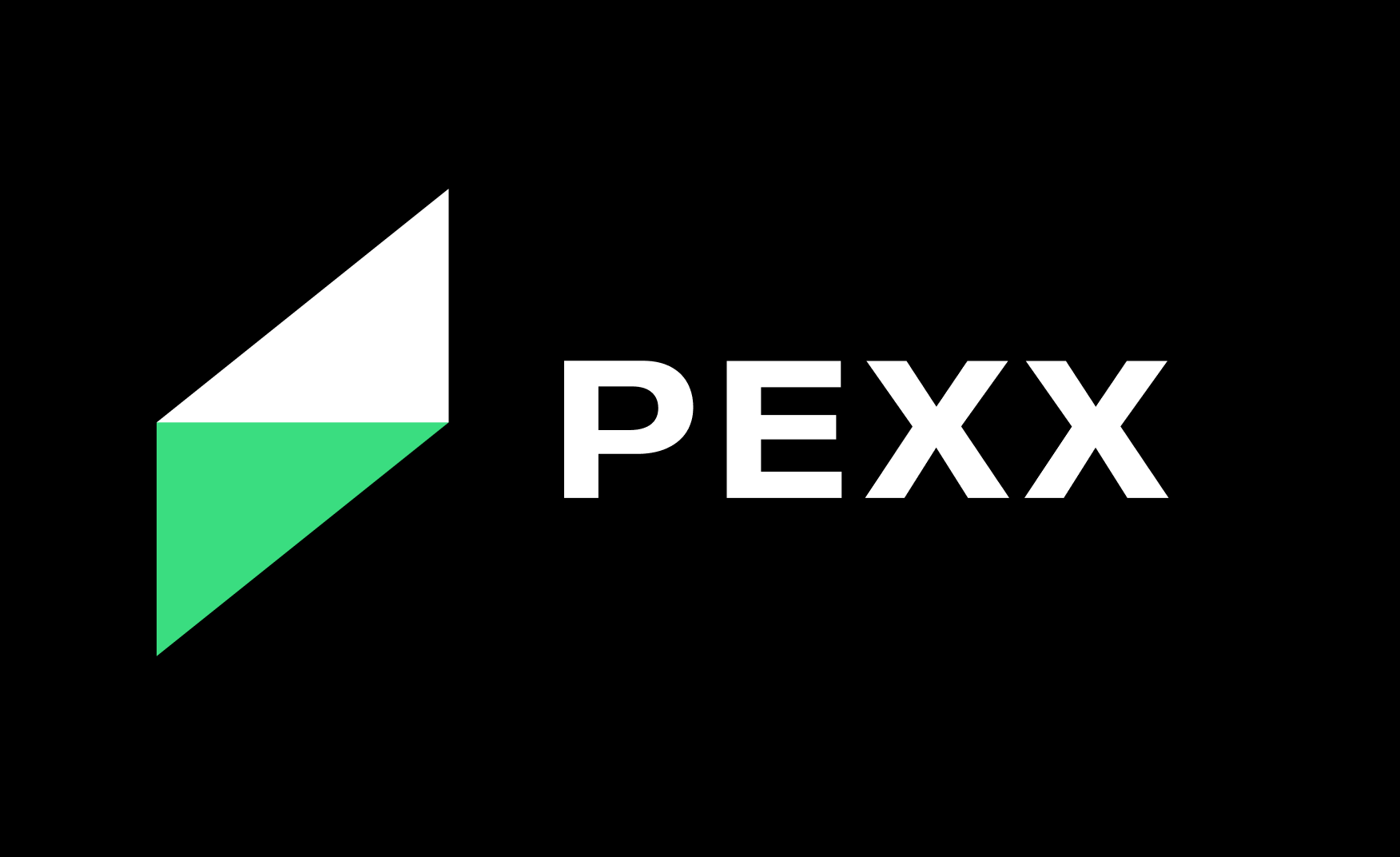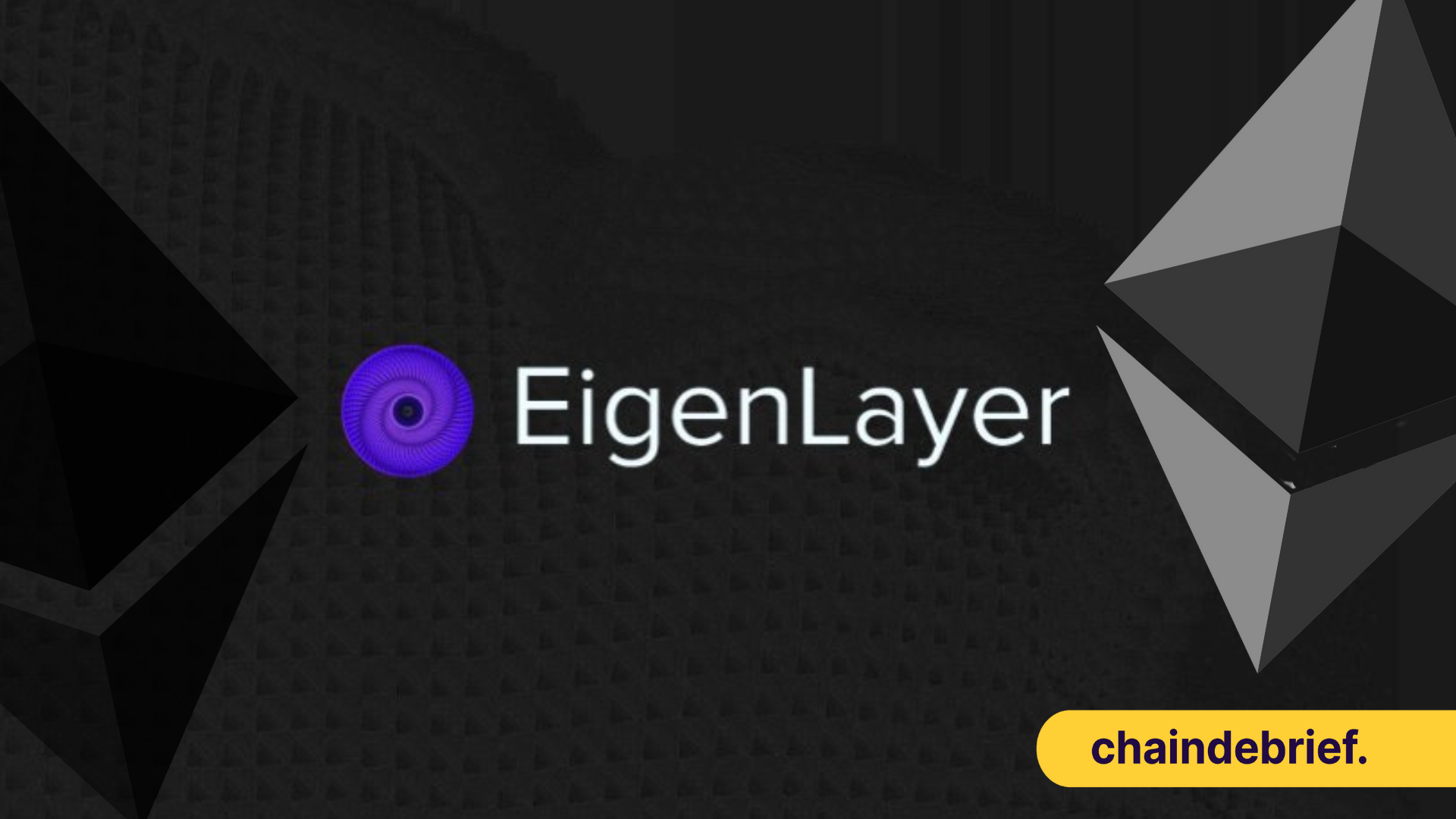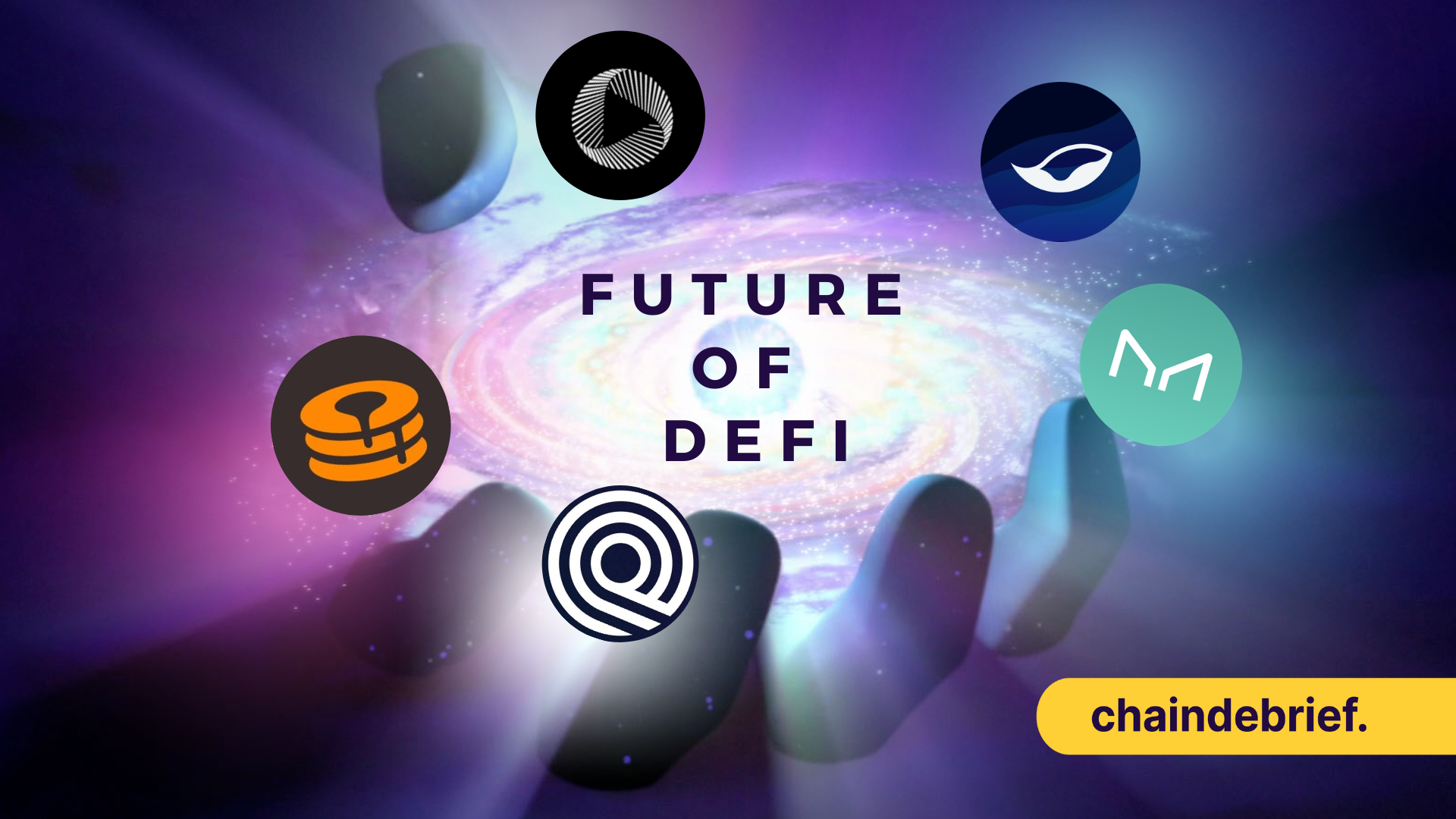Neutron made its debut on Cosmos as its first-ever consumer chain on the 10th of May. But…what is Neutron, or $NTRN, and what does this spell for the future of Cosmos and $ATOM?
Also Read: Will 2023 Be The Year For Cosmos? Here’s What The Stats Say
Understanding Neutron’s Role in The Cosmos Hub
First off, let’s provide a quick refresher on what Cosmos is!
Cosmos is a blockchain ecosystem that enables interoperability between various blockchain networks, with the Cosmos Hub being a central component of it all.
It uses three main technology tenets, namely Tendermint, Cosmos SDK, and Inter-Blockchain Communication (IBC) to allow for cross-chain transactions and communication.
That brings us to the question of what Neutron is…
Neutron, developed by P2P, is a new decentralized finance platform built on the Cosmos technology stack to allow developers to unlock the best potential of cross-chain communications. It is essentially a permissionless zone featuring CosmWasm and full Inter-Blockchain Communication Protocol (IBC) capability, including Interchain Accounts and Queries, to host the Interchain’s infrastructure and DeFi protocols.
‘P2P is a reliable and trustworthy validator and staking provider that safeguards over $1.5Bn worth of assets in the industry. As a long-time member of the Cosmos ecosystem, P2P has been securing the Cosmos Hub since its beginning and has also contributed to the ATOM fundraiser.’
Designed for the inter-chain future
Neutron will be the primary general smart contract platform secured by Replicated Security from Cosmos Hub.
It supports CosmWasm, enabling smart contracts to run on Cosmos blockchains using various programming languages like Rust through a virtual machine.
This feature operates in a permissionless manner, which means that smart contracts can be launched without requiring government voting, resulting in scalability and neutrality, allowing for fast speed and innovation.
You may be wondering how Neutron differs from existing blockchains like Juno and Evmos.
Currently, developers building applications on these smart contract platforms are limited to specific feature sets to operate within.
Neutron overcomes this limitation by allowing developers to leverage feature sets from other blockchains through its advanced interoperability feature.

Neutron will implement a unique version of Interchain Accounts that permits smart contracts on the network to communicate with modules and zones on other Interchain Accounts-enabled Cosmos chains, and vice versa.
This means that by deploying on Neutron, developers can access features and assets from other Cosmos blockchains like Sei, Osmosis, or Stride.
First Consumer-Chain to adopt Replicated Security
The Cosmos app-chain thesis has experienced significant growth over the past year, providing unparalleled freedom to build custom economic, governance, and consensus mechanisms, resulting in improved individual throughput and scalability while ensuring seamless interoperability.

However, building application-specific blockchains can be expensive due to heavy resource needs and security costs. While larger entities such as dYdX have built their moat and are well-equipped to handle these challenges, smaller upcoming Cosmos chains, totaling over 20 at the current moment, may face difficulties migrating.
The practical benefits and potential of app-chains heavily depend on accessible and secure infrastructure, alongside tools that offer customizable requirements while keeping costs low.
This is where Replicated Security plays a crucial role by allowing projects to use the Hub’s validators to secure their chain.
In return, these consumer chains pay fees and inflation to the validators, creating a mutually beneficial relationship between Neutron and Cosmos Hub enabled by Replicated Security.
The successful launch of Neutron on Replicated Security also marks a significant milestone for the development of the Cosmos ecosystem. Its efficient and permissionless features have the potential to attract future projects to participate in the ATOM Economic Zone, leading to increased adoption and growth.
The Neutron $NTRN Airdrop
Neutron announced a total allocation of 70,000,000 $NTRN tokens, which represents 7% of the total supply, to eligible participants through an airdrop. $NTRN comes with a few utility cases such as transaction fees, MEV capture & governance.

Eligible participants must have at least 1 $ATOM staked on Block #12900000 or must have voted on Cosmos Prop 72, regardless of the vote cast result.
However, individuals who are U.S. persons, sanctioned persons, or residents of sanctioned countries are not eligible, and validators affiliated with centralized exchanges and custodians, as well as their delegators, are excluded.
The tokens will be unlocked over a three-month period after claim and generate voting power during this time. The airdrop must also be claimed within three months of Neutron’s launch, and any unclaimed tokens may be returned to the DAO’s Reserve.
Closing Thoughts
Cosmos’ unique approach to app-chains prioritizes sovereignty, convenience, and interoperability, making it a promising contender in the world of blockchain-powered financial systems.
As a smart contract platform built on top of Cosmos, Neutron inherits and expands upon the interchain capabilities of its parent chain.
Additionally, with its advanced functionalities and design principles, Neutron is poised to become a major player in the growing interchain future, while continuing the innovative spirit of the Cosmos ecosystem and driving positive value accrual for the ATOM token through Replicated Security.
Also Read: What Is Landslide Network? How It Aims To Make Avalanche And Cosmos Interoperable
[Editor’s Note: This article does not represent financial advice. Please do your research before investing.]
Featured Image Credit: ChainDebrief
This article was written by Jowella and edited by Yusoff Kim



































